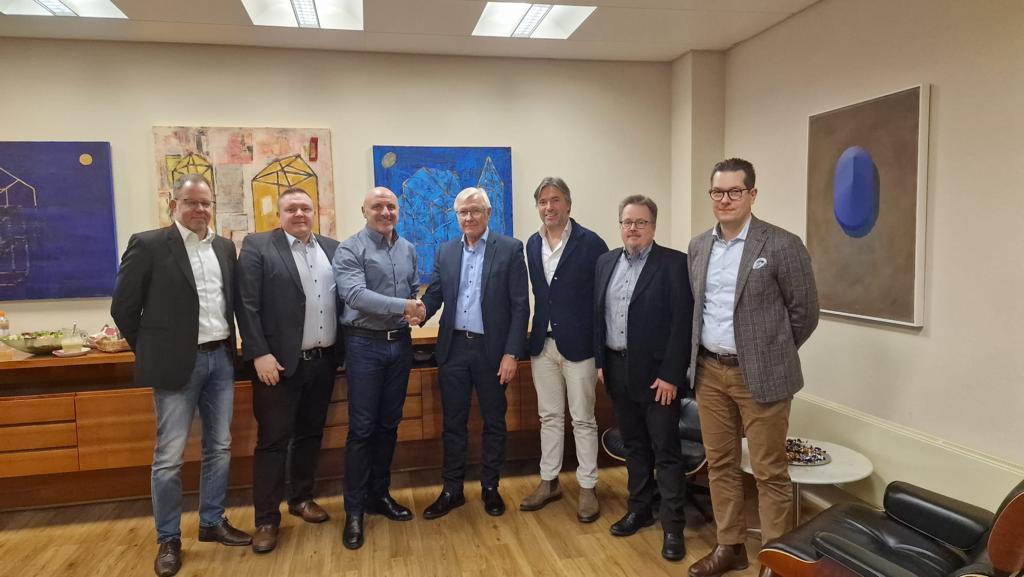DG International has announced that it will merge with its eCommerce specialist arm, Pro Carrier, from this month. DG International will cease to operate under its separate brand and will move forward under the Pro Carrier name.
The integration of the two brands will streamline operations, bringing DG International’s expertise in global transportation options across land, sea and air and Pro Carrier’s eCommerce offering under one umbrella.
The company’s innovative Horizon platform, an easy-to-navigate, user-friendly system that shows the status of a customer’s shipment every step of the way, was instrumental in the organisation’s decision to merge under the Pro Carrier brand. The rebrand will allow customers to view the exact status of their deliveries in real-time across both freight and parcel shipments, under one login.
Ryan Lucas, CEO of Pro Carrier, said: “The synergy between the two brands made it clear that merging should be the next step in our growth plan. We are excited about the opportunities ahead as we operate under the Pro Carrier name, expanding its services with our reliable and competitive international freight offering. The fantastic growth we have experienced across both brands in 2023 has led to a renewed vigour to offer a more streamlined service to our customers, so we can maintain our reputation for excellence.”
During the rebrand, existing contracts, services, and relationships with the company will continue unaffected, the only key difference for DG International customers and suppliers being the brand name being phased out to operate under Pro Carrier.
Pro Carrier’s easy-to-navigate website will be refreshed with an updated look and feel, to include DG International’s offering. The current website for DG International will become inactive, with all content and mechanisms transferred. Likewise, the current social media channels for DG International will no longer be updated, with all future news about the company’s freight offering coming from Pro Carrier’s LinkedIn channel.




